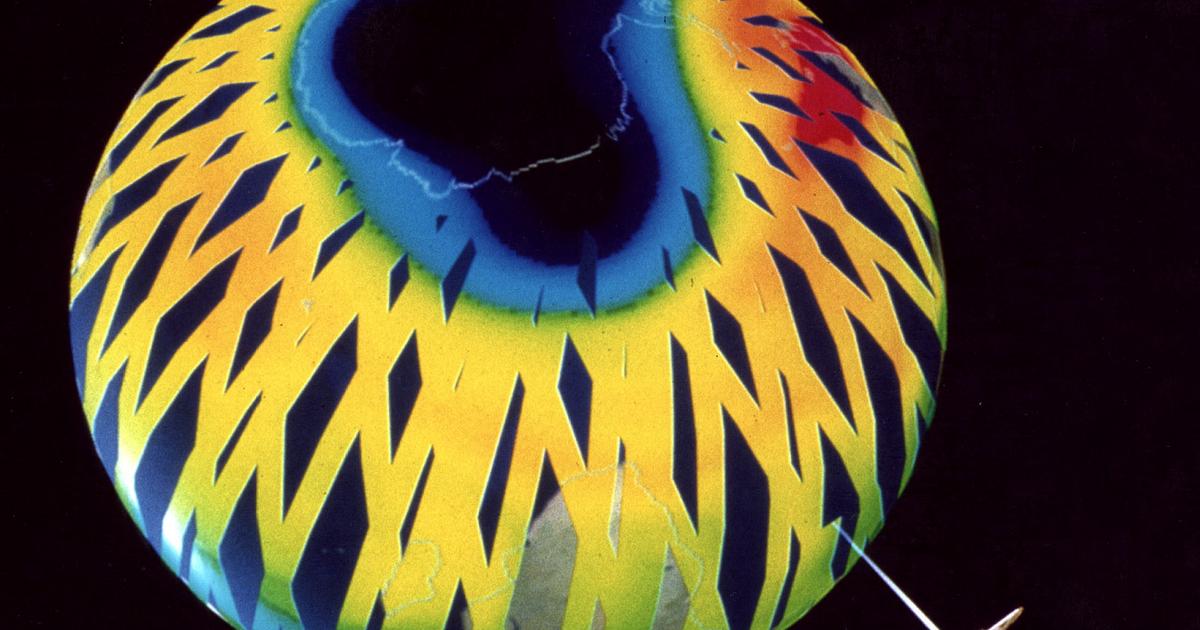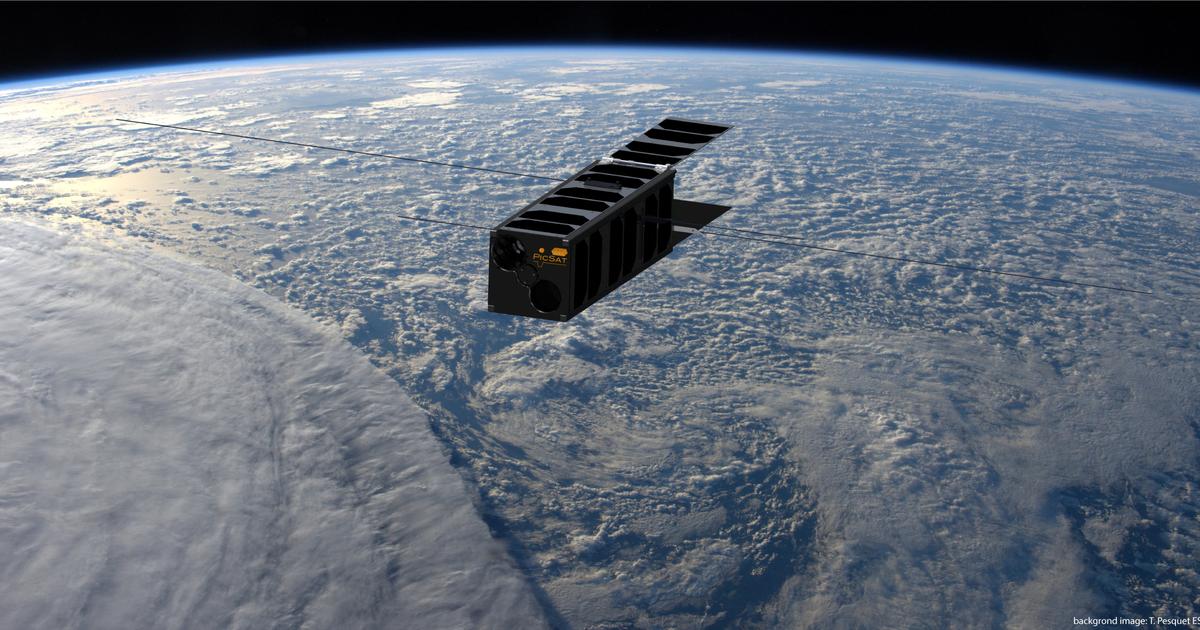Enlarge image
Start of the heavy-duty transporter "Langer Marsch 5B" on April 29th
Photo: STR / AFP
The remains of a Chinese missile of the "Long March 5B" type fell into the open sea between the Arabian Peninsula and India on Sunday night.
As the Chinese state broadcaster CCTV reported, the 18-ton rocket module penetrated the earth's atmosphere at 4.24 a.m. Central European time and disintegrated.
The exact longitude and latitude were given for the crash site in the sea.
According to Chinese sources, most of the remains of the missile burned when it entered the atmosphere.
Due to the uncontrolled re-entry, experts had warned of a destructive rain of debris over inhabited area.
After all, the rocket is not built to be targeted above a certain point in the atmosphere.
After the first flight of the new type of missile in May 2020, debris fell in West Africa's Ivory Coast and local reports had damaged homes.
Fragments from Chinese space companions had also frequently fallen over Chinese territory, reports the New York Times.
Normally, such rocket stages are not designed to go into orbit around the earth at all, reported Marlon Sorge from the Center for Reentry Studies (CORDS) of the Aerospace Corporation in California.
Rather, their trajectory is usually designed in such a way that they fall into a safe area.
For a controlled re-entry, missiles in orbit have to start a so-called deorbit maneuver.
The engines ignite again in order to select the re-entry point in a controlled manner.
The long march 5B rocket launched the first module of a new Chinese space station into space at the end of April.
Then the main part of the rocket began to orbit the earth in an irregular trajectory and lose altitude in an uncontrolled manner.
The Chinese authorities saw an "extremely low" risk of damage to the earth, as most of the rocket's components would be burned or destroyed when it re-entered the atmosphere.
A ton of metal shards
The incident had nevertheless caused international criticism.
"I think that speaks to the fact that there is, or should be, a requirement for those of us operating in space to work in a safe and thoughtful mode," Secretary of Defense Lloyd Austin had said.
Jonathan McDowell, an astrophysicist at the Harvard-Smithsonian Center for Astrophysics, said China needs to revise the rocket's design to avoid further incidents of this type.
"A ton of metal splinters flying towards the earth at hundreds of kilometers per hour is not good practice."
Löw / dpa / AFP








/cloudfront-eu-central-1.images.arcpublishing.com/prisa/QYARZLICO47BA5G6YE4UUN26IQ.jpg)





